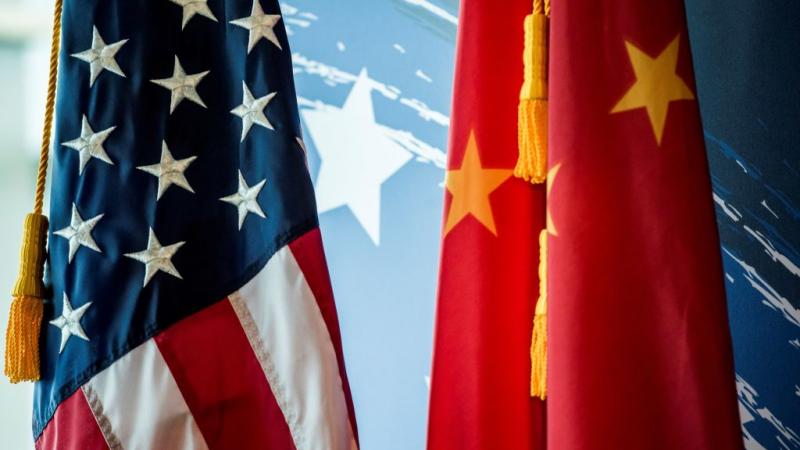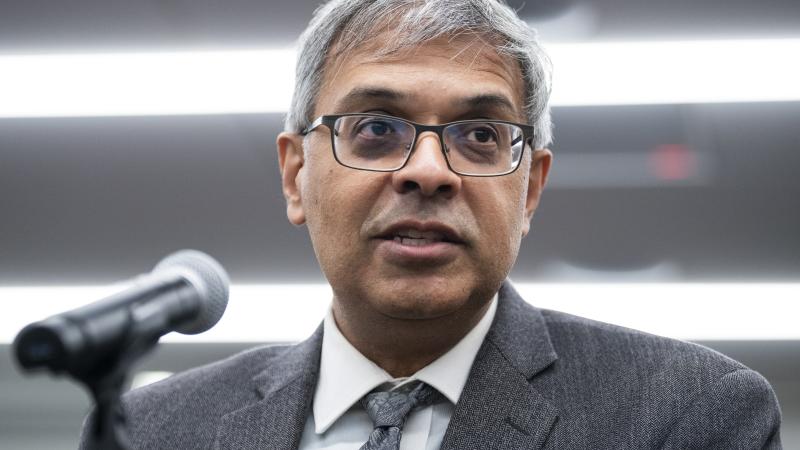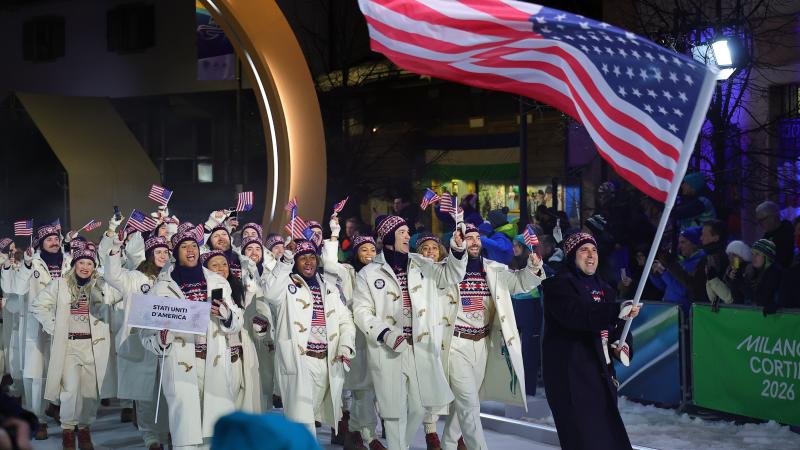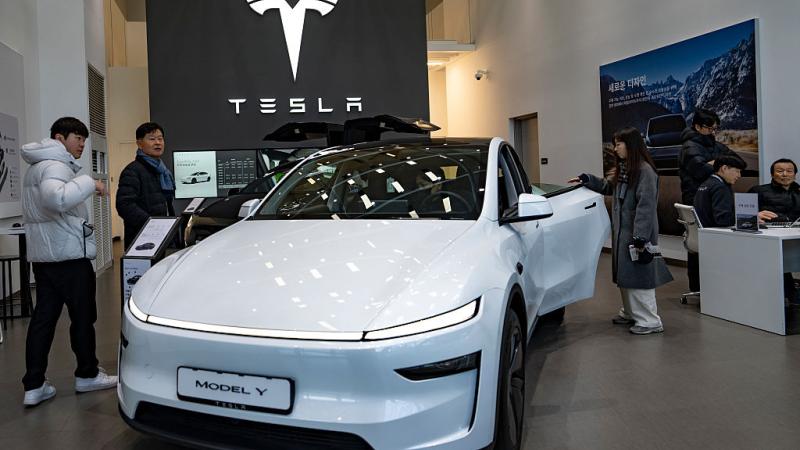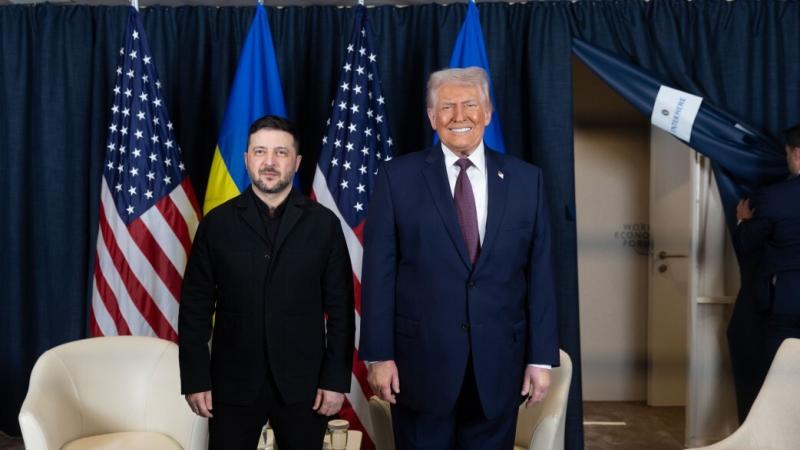What’s at stake for Trump in a possible meeting with Putin
A divided base and a campaign promise hang in the balance for Trump as he navigates diplomatic relations with Russia.
The White House has signaled President Donald Trump’s willingness to meet with Vladimir Putin about the war in Ukraine in what would be the first face-to-face meeting between any Russian and American president since the war began.
At stake for the American president is a key campaign promise to end the Russia-Ukraine war and a Republican base that is skeptical of more aid to Kyiv. But Russia, which has been reluctant to give up its maximalist war demands, may be in no mood to make meaningful concessions.
Kremlin aide Yuri Ushakov said on Wednesday evening that both sides had agreed in principle to a high-level bilateral meeting and are working out the specific details. The proposal for a high-level meeting came after Trump’s special envoy Steve Witkoff met with the Russian president and other senior officials in Moscow.
It also comes amid President Trump’s increasing pressure on Russia to end the war in Ukraine, including threats of new U.S. sanctions targeting Russian exports and secondary sanctions on countries, like India and China, if Moscow does not agree to a ceasefire by Friday. This week, Trump threatened steep penalties on India, one of Russia’s main energy importers.
Earlier this month, Trump said he was ordering two US Navy nuclear submarines to “appropriate regions,” in response to remarks by Dmitry Medvedev, Russia’s former president and current deputy chairman of its Security Council.
“The Russians have expressed interest in meeting with President Trump, and the president is receptive to discussions with both President Putin and President Zelensky,” White House Press Secretary Karoline Leavitt said.
Trump: "We've had some very good talks"
“We had some very good talks with President Putin today, and there’s a very good chance that we could be ending – the ending, the road ending, the end of that road,” Trump said.
Though a breakthrough may not be imminent, a former Trump national security official says that talking with Putin is a good first step.
“The fact that these two presidents are talking is a good thing. And you know, we all know that Biden didn't even call Putin after February 2022, all he did was demonize him, which meant the conflict was not going to end during the Biden presidency,” Fred Fleitz, former chief of staff to Trump’s first term National Security Council told the "John Solomon Reports" podcast on Friday.
“It's good they're talking. It doesn't mean Trump's not going to be tough, but he's giving Putin a final opportunity to speak with him before Trump implements very tough sanctions on Russia,” Fleitz said.
Though Trump repeatedly promised during the campaign to end the war against Ukraine within “24 hours,” the president’s pushes, prodding, and pleas for negotiations, for the most part, went unreciprocated by Moscow. This led the American president to amp up the pressure, threatening broader sanctions on Moscow and tariffs on its trading partners to try and cut off its external revenues.
Putin reluctant to include Zelensky
The White House, likely seeing an opportunity to make progress in the long-promised, but logjammed, ceasefire negotiations, is pushing for Ukrainian President Volodymyr Zelensky's attendance at the meeting, though Trump insists the condition is not mandatory. The Trump administration, which often sidelined Ukraine in its early talks with Russia about the war, has now warmed to Zelensky and his country, especially as Putin’s intransigence has frustrated the American president.
Putin has, so far, been reluctant to include Zelensky in any meetings between him and the American president, a possible signal that the Russian leader is not serious about coming to an agreement anytime soon. Putin told reporters in Moscow that the Russians originally proposed the meeting and specifically excluded the Ukrainian president because “certain conditions” have not been met. It is not immediately clear to which conditions Putin was referring, though Ukraine has pushed back on Moscow’s demands to end the war.
“I have reiterated that I have nothing against that on the whole, it is possible […] However, certain conditions should be created to do that. Regrettably, there is still a long haul ahead for the creation of such conditions,” Putin said on Thursday, according to the Russian state media outlet TASS.
A meeting between Zelensky and Putin was a key priority for the Ukrainian side during the failed Istanbul talks between Moscow and Kyiv. The talks delivered some cooperation on humanitarian issues, but neither side conceded any ground on key war demands, especially the Russians, who have maintained a strict adherence to the goals first outlined by President Putin that include the disarmament of Ukraine, an end of the country’s cooperation with the West, recognition of Russian annexations, and permanent neutrality.
President Trump, who has long relied on his ability to make deals, has so far been unable to sway Moscow from its aims and end the war. Beyond Ukraine, this fact threatens to impact the president’s standing at home if the war drags on and the United States continues to provide its support to Kyiv.
MTG outlines political risks of continued support for Ukraine
Republican voters—who make up the key segment of Trump’s political base—have grown weary of the amount of aid that the U.S. has provided to Ukraine, both military and financial. Though the percentage has declined since Trump took office in January, a majority of Republicans believe that the U.S. is currently providing too much aid to Ukraine, according to a March Gallup poll.
The president’s increasing support for Ukrainian President Zelensky and his decision to continue aiding the embattled country has also put him at odds with some of his erstwhile closest allies in Congress. In July, after Trump announced that he would sell weapons to NATO members, who would then use them to arm Ukraine, Congresswoman Marjorie Taylor Greene, R-Ga., issued rare criticism of Trump, arguing the policy breaks with his campaign promises.
“It’s not just Ukraine; it’s all foreign wars in general and a lot of foreign aid,” Greene told the New York Times in July. “This is what we campaigned on. This is what I promised also to my district. This is what everybody voted for. And I believe we have to maintain the course.”
She argued that focusing on sending aid to Ukraine diverts much needed attention and funds from the homefront, risking pushing voters away from the Republican party and Trump.
“No one’s walking around thinking about Ukraine. No one’s walking around thinking about Russia. They’re just not,” Greene said. “They walk around and all they think about is their bills, their problems and the road that may look like crap in front of their house — or they can’t buy a house.”
Trump entered office with the goal of ending what he views as an unnecessary conflict and intent on using his personal rapport with Putin to bring it to an agreeable conclusion. Fred Fleitz, former chief of staff to Trump’s first term National Security Council, said that the president’s detractors have misrepresented his former boss’ relationship with Putin as too deferential or warm.
“People have misunderstood Trump’s approach,” Fleitz told The Wall Street Journal. “It isn’t that Trump likes dictators. He believes America has to coexist with Russia. Since we’re not going to war, how do we deal with them?”
The carrot and the stick
Trump hoped to use cordial contacts with the Russian president, promises of future American economic cooperation, and mutual respect to guide Putin away from continuing the war. However, the Russian president’s warm words often conflicted with Russia’s battlefield behavior, eroding the American president’s patience.
In May, President Trump lashed out at Putin as the Russians continued to pound Ukraine with missiles and drones despite American negotiation efforts. “What Vladimir Putin doesn’t realize is that if it weren't for me, lots of really bad things would have already happened to Russia, and I mean REALLY BAD. He’s playing with fire!” Trump posted to his social media platform, Truth Social.
Later in the summer, Trump opened the door to further sanctioning Russia and imposing steep tariffs on countries that trade with Moscow in a bid to pressure Putin to the negotiating table.
Trump’s recent decision to ramp up sanctions on India, a major purchaser of Russian energy products, may show Putin that the president is serious about his sanction and tariff threats.
“The fact that Trump would consider secondary sanctions on India, which will hurt our relations in the short term, I think, stunned the world, and it just shows to Putin that Trump is very, very serious about upping the pressure on the Russian economy and inflicting real pain unless Putin agrees to a cease fire,” said Fleitz.

